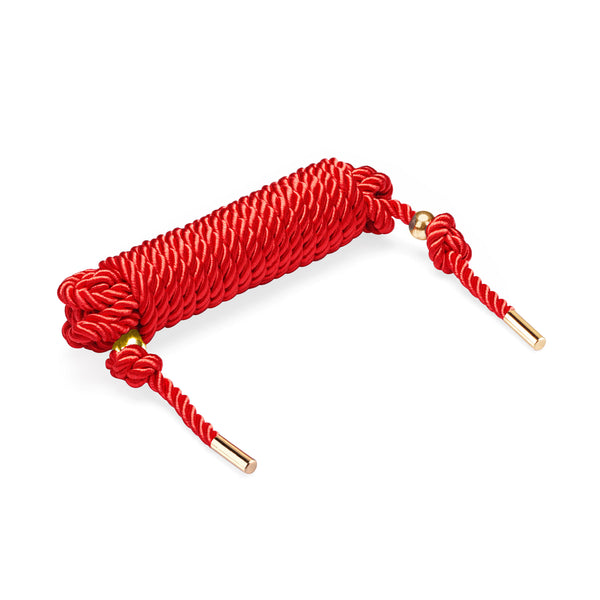When it comes to exploring the world of BDSM, rope bondage is a popular and versatile practice that can add excitement and intimacy to your experiences. Whether you're a beginner or an experienced practitioner, understanding the different types of rope bondage can open up a world of possibilities for creative and consensual play.

Understanding the Basics
Before delving into the various types of rope bondage, it's important to have a solid understanding of the basics. Rope bondage, also known as kinbaku or shibari, involves the use of rope to restrain, bind, or decorate a partner. It requires careful attention to safety, communication, and technique to ensure a positive and enjoyable experience for all parties involved.
Types of Rope
One of the first considerations when exploring rope bondage is the type of rope to use. Different types of rope offer varying levels of strength, texture, and flexibility, which can impact the overall experience. Common types of rope used in bondage include natural fibers such as jute and hemp, as well as synthetic ropes like nylon and polyester. Each type of rope has its own unique characteristics, and it's important to consider factors such as comfort, durability, and aesthetic appeal when making a selection.
Single-Column and Double-Column Ties
Single-column and double-column ties are fundamental techniques in rope bondage that form the basis for many other tie variations. A single-column tie involves binding a single point on the body, such as a wrist or ankle, while a double-column tie secures two points together, such as wrists or ankles. These ties can be used to create a variety of restraints, from simple wrist cuffs to more elaborate full-body harnesses.
Decorative and Functional Ties
Once you've mastered the basic ties, you can explore the wide range of decorative and functional ties that are popular in rope bondage. Decorative ties focus on the aesthetic appeal of the rope, creating intricate patterns and designs on the body. Functional ties, on the other hand, prioritize restraint and control, often immobilizing the body in specific positions. Both types of ties offer unique opportunities for creative expression and sensual exploration.
As you continue to explore the world of rope bondage, you'll encounter a diverse array of tie variations, each with its own distinct characteristics and applications. Whether you're interested in sensual and artistic expression or intense physical restraint, there's a type of rope bondage that can cater to your desires and preferences.








